A PHP Error was encountered
Severity: Warning
Message: Undefined array key "HTTP_REFERER"
Filename: science/science_article_popup_while_leaving.php
Line Number: 19
Backtrace:
File: /var/www/olympiadsuccess.com/square-portal/application/views/science/science_article_popup_while_leaving.php
Line: 19
Function: _error_handler
File: /var/www/olympiadsuccess.com/square-portal/application/views/science/article.php
Line: 2
Function: view
File: /var/www/olympiadsuccess.com/square-portal/application/views/templates/science_template.php
Line: 2
Function: view
File: /var/www/olympiadsuccess.com/square-portal/application/core/MY_Controller.php
Line: 137
Function: view
File: /var/www/olympiadsuccess.com/square-portal/application/controllers/Science.php
Line: 311
Function: _render_page
File: /var/www/olympiadsuccess.com/square-portal/index.php
Line: 198
Function: require_once
A PHP Error was encountered
Severity: Warning
Message: Undefined array key "HTTP_REFERER"
Filename: science/science_article_popup_while_leaving.php
Line Number: 19
Backtrace:
File: /var/www/olympiadsuccess.com/square-portal/application/views/science/science_article_popup_while_leaving.php
Line: 19
Function: _error_handler
File: /var/www/olympiadsuccess.com/square-portal/application/views/science/article.php
Line: 2
Function: view
File: /var/www/olympiadsuccess.com/square-portal/application/views/templates/science_template.php
Line: 2
Function: view
File: /var/www/olympiadsuccess.com/square-portal/application/core/MY_Controller.php
Line: 137
Function: view
File: /var/www/olympiadsuccess.com/square-portal/application/controllers/Science.php
Line: 311
Function: _render_page
File: /var/www/olympiadsuccess.com/square-portal/index.php
Line: 198
Function: require_once
A PHP Error was encountered
Severity: Warning
Message: Undefined array key "HTTP_REFERER"
Filename: science/science_article_popup_while_leaving.php
Line Number: 19
Backtrace:
File: /var/www/olympiadsuccess.com/square-portal/application/views/science/science_article_popup_while_leaving.php
Line: 19
Function: _error_handler
File: /var/www/olympiadsuccess.com/square-portal/application/views/science/article.php
Line: 2
Function: view
File: /var/www/olympiadsuccess.com/square-portal/application/views/templates/science_template.php
Line: 2
Function: view
File: /var/www/olympiadsuccess.com/square-portal/application/core/MY_Controller.php
Line: 137
Function: view
File: /var/www/olympiadsuccess.com/square-portal/application/controllers/Science.php
Line: 311
Function: _render_page
File: /var/www/olympiadsuccess.com/square-portal/index.php
Line: 198
Function: require_once
A PHP Error was encountered
Severity: Warning
Message: Undefined array key "HTTP_REFERER"
Filename: science/science_article_popup_while_leaving.php
Line Number: 19
Backtrace:
File: /var/www/olympiadsuccess.com/square-portal/application/views/science/science_article_popup_while_leaving.php
Line: 19
Function: _error_handler
File: /var/www/olympiadsuccess.com/square-portal/application/views/science/article.php
Line: 2
Function: view
File: /var/www/olympiadsuccess.com/square-portal/application/views/templates/science_template.php
Line: 2
Function: view
File: /var/www/olympiadsuccess.com/square-portal/application/core/MY_Controller.php
Line: 137
Function: view
File: /var/www/olympiadsuccess.com/square-portal/application/controllers/Science.php
Line: 311
Function: _render_page
File: /var/www/olympiadsuccess.com/square-portal/index.php
Line: 198
Function: require_once
A PHP Error was encountered
Severity: Warning
Message: Undefined array key "HTTP_REFERER"
Filename: science/science_article_popup_while_leaving.php
Line Number: 19
Backtrace:
File: /var/www/olympiadsuccess.com/square-portal/application/views/science/science_article_popup_while_leaving.php
Line: 19
Function: _error_handler
File: /var/www/olympiadsuccess.com/square-portal/application/views/science/article.php
Line: 2
Function: view
File: /var/www/olympiadsuccess.com/square-portal/application/views/templates/science_template.php
Line: 2
Function: view
File: /var/www/olympiadsuccess.com/square-portal/application/core/MY_Controller.php
Line: 137
Function: view
File: /var/www/olympiadsuccess.com/square-portal/application/controllers/Science.php
Line: 311
Function: _render_page
File: /var/www/olympiadsuccess.com/square-portal/index.php
Line: 198
Function: require_once
A PHP Error was encountered
Severity: Warning
Message: Undefined array key "HTTP_REFERER"
Filename: science/science_article_popup_while_leaving.php
Line Number: 19
Backtrace:
File: /var/www/olympiadsuccess.com/square-portal/application/views/science/science_article_popup_while_leaving.php
Line: 19
Function: _error_handler
File: /var/www/olympiadsuccess.com/square-portal/application/views/science/article.php
Line: 2
Function: view
File: /var/www/olympiadsuccess.com/square-portal/application/views/templates/science_template.php
Line: 2
Function: view
File: /var/www/olympiadsuccess.com/square-portal/application/core/MY_Controller.php
Line: 137
Function: view
File: /var/www/olympiadsuccess.com/square-portal/application/controllers/Science.php
Line: 311
Function: _render_page
File: /var/www/olympiadsuccess.com/square-portal/index.php
Line: 198
Function: require_once
A PHP Error was encountered
Severity: Warning
Message: Undefined array key "HTTP_REFERER"
Filename: science/science_article_popup_while_leaving.php
Line Number: 19
Backtrace:
File: /var/www/olympiadsuccess.com/square-portal/application/views/science/science_article_popup_while_leaving.php
Line: 19
Function: _error_handler
File: /var/www/olympiadsuccess.com/square-portal/application/views/science/article.php
Line: 2
Function: view
File: /var/www/olympiadsuccess.com/square-portal/application/views/templates/science_template.php
Line: 2
Function: view
File: /var/www/olympiadsuccess.com/square-portal/application/core/MY_Controller.php
Line: 137
Function: view
File: /var/www/olympiadsuccess.com/square-portal/application/controllers/Science.php
Line: 311
Function: _render_page
File: /var/www/olympiadsuccess.com/square-portal/index.php
Line: 198
Function: require_once
A PHP Error was encountered
Severity: Warning
Message: Undefined array key "HTTP_REFERER"
Filename: science/science_article_popup_while_leaving.php
Line Number: 19
Backtrace:
File: /var/www/olympiadsuccess.com/square-portal/application/views/science/science_article_popup_while_leaving.php
Line: 19
Function: _error_handler
File: /var/www/olympiadsuccess.com/square-portal/application/views/science/article.php
Line: 2
Function: view
File: /var/www/olympiadsuccess.com/square-portal/application/views/templates/science_template.php
Line: 2
Function: view
File: /var/www/olympiadsuccess.com/square-portal/application/core/MY_Controller.php
Line: 137
Function: view
File: /var/www/olympiadsuccess.com/square-portal/application/controllers/Science.php
Line: 311
Function: _render_page
File: /var/www/olympiadsuccess.com/square-portal/index.php
Line: 198
Function: require_once
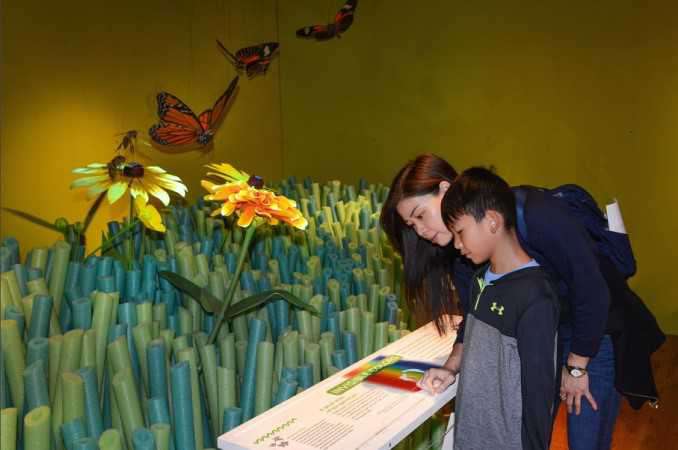
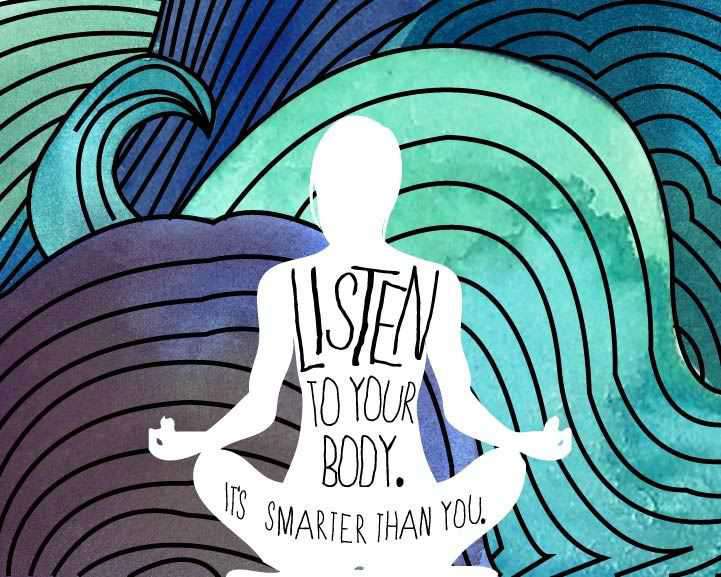

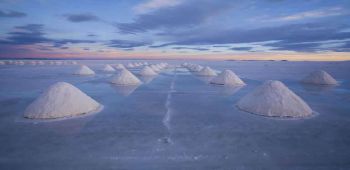 How To Separate Liqu..
How To Separate Liqu..
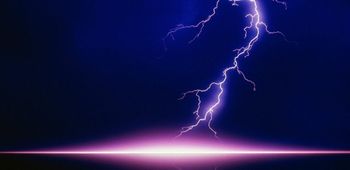 Lightning Bolt And A..
Lightning Bolt And A..
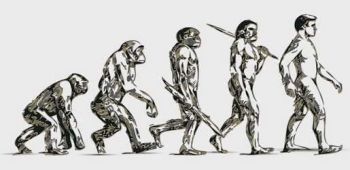 Are We Still Evolvin..
Are We Still Evolvin..
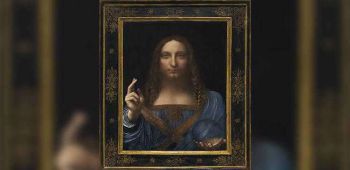 Leonardo's Salvator ..
Leonardo's Salvator ..
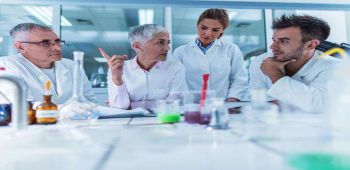 10 Most Influential ..
10 Most Influential ..
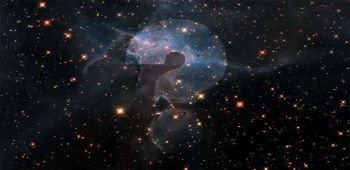 Is A Dark Matter Hol..
Is A Dark Matter Hol..
 Sweat Detectors?..
Sweat Detectors?..
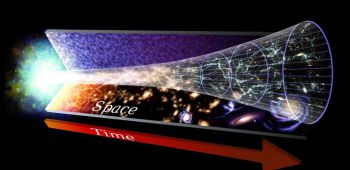 The Arrow Of Time: A..
The Arrow Of Time: A..
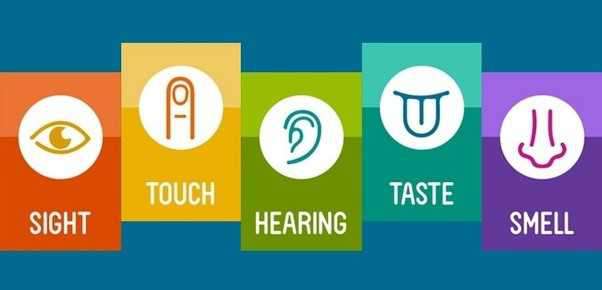

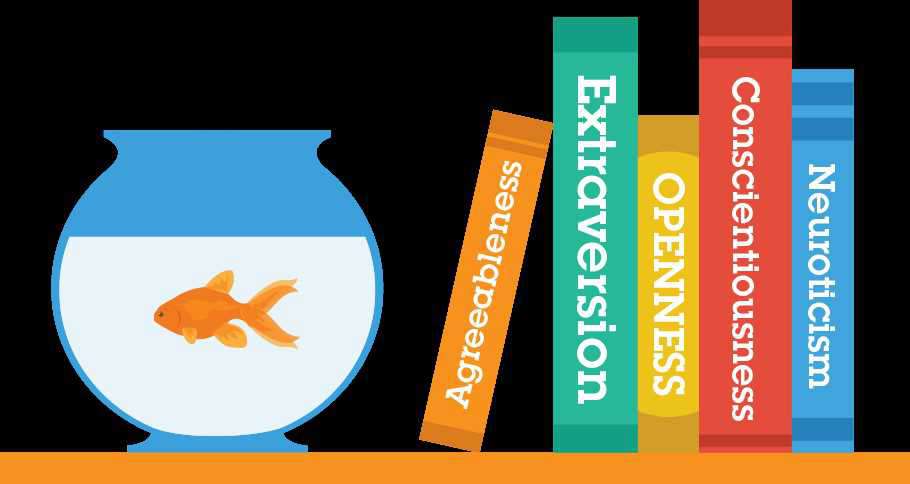

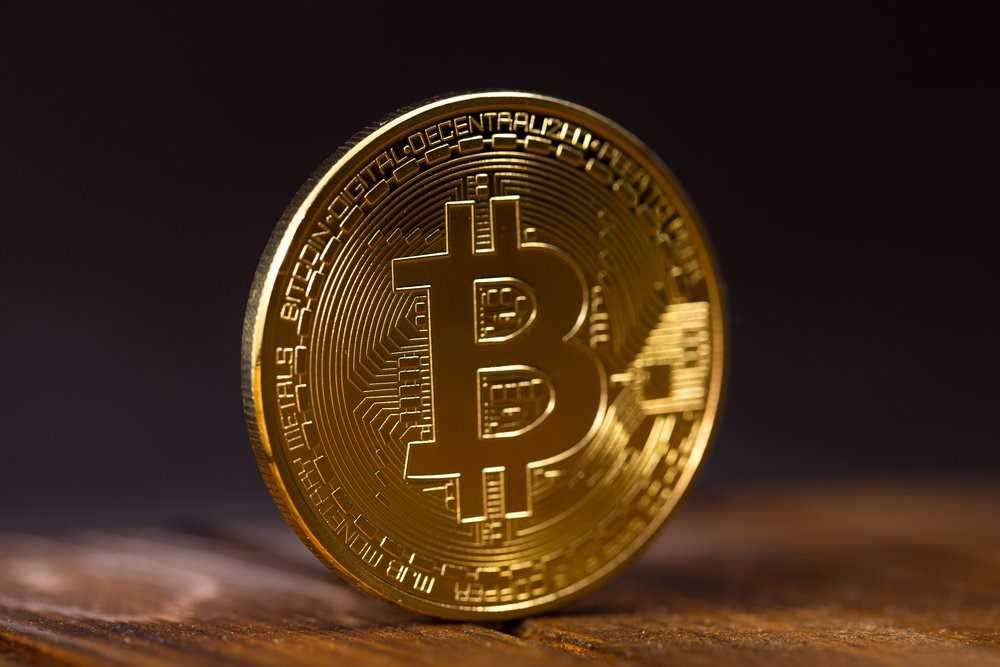


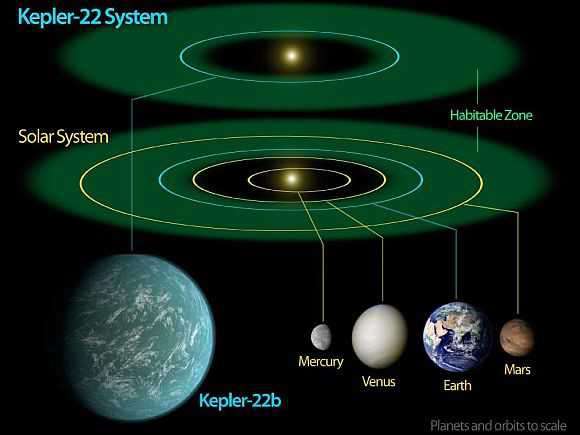












Comments